By Zahir Irani
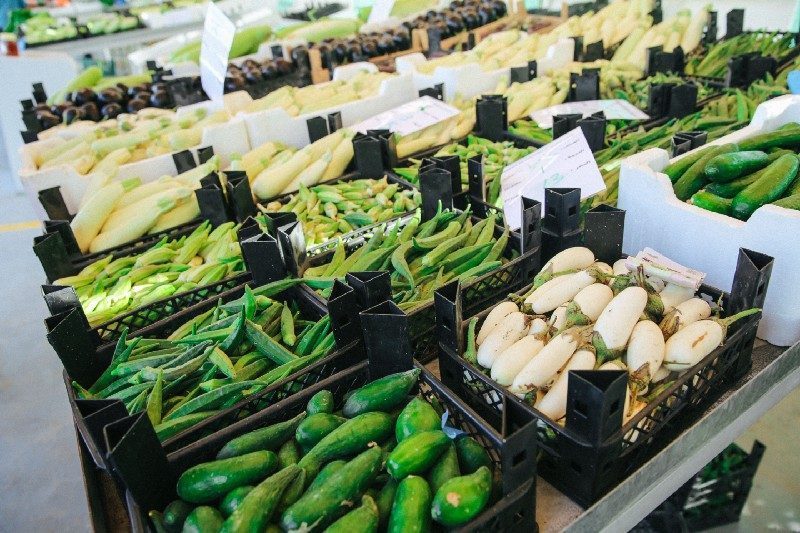
Food security is one of the key challenges Qatar has faced since the Gulf crisis erupted last month.
In this opinion piece, Prof. Zahir Irani, who is part of the team running the Qatar National Research Fund project Safeguarding Food and Environment in Qatar (SAFE-Q), explains why Qatar and its residents should use the crisis as a wakeup call to change wasteful practices and boost their future food supply.
The GCC crisis has demonstrated the power of food supplies as a political tool in the region. Even more than that, it has exposed the indulgences at the heart of Qatar life.
In recent decades, developed nations have come to see food as being plentiful and cheap.
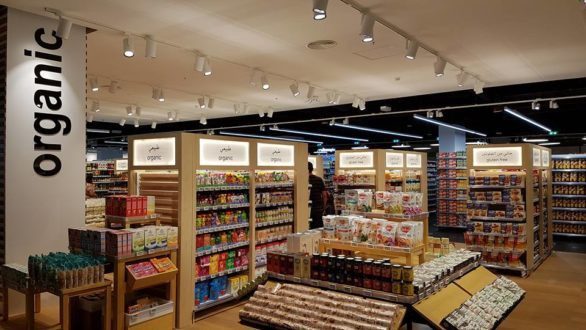
This has always been an illusion, however, and nowhere more so than in an arid region like Qatar. There, 90 percent (or more) of the food supply is dependent on imports.
While individual products may look low-cost on the shelves, the bigger picture is very different. All foods involve high costs in terms of the resources involved in growing, rearing, transporting and processing raw materials.
International supply chains are increasingly complex, fragile and stretched by the demands of a burgeoning global population of middle-class consumers.
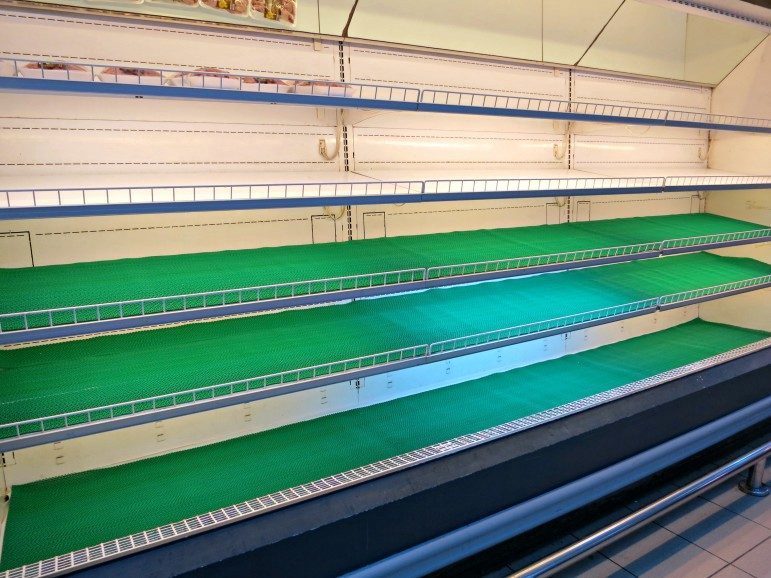
In this context, no nation, no matter what their wealth might be, is safe, and needs to plan for their own sustainability.
A wake-up call
The blockade and questions over food shortages should be a wake-up call for Qatar.
In many ways, it will do the country good in terms of informing national priorities for the future.
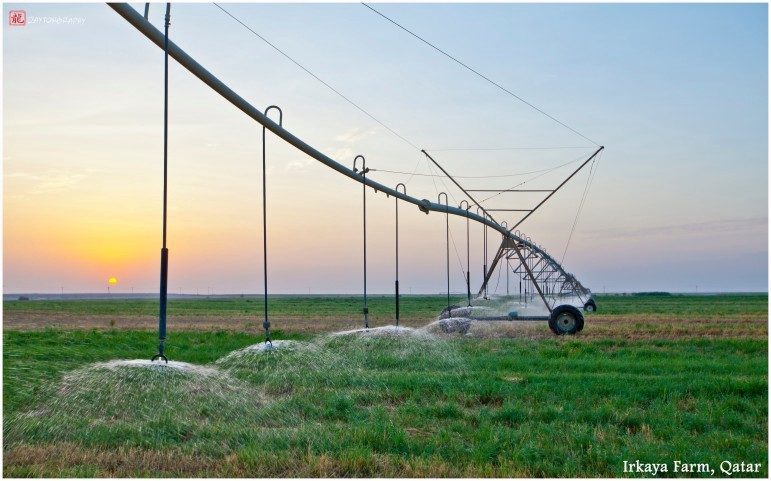
This is as long as Qatar faces up to a lack of domestic capability and what can be done about that.
The country faces several challenges, including:
- A legacy of local food industries not being able to compete with cheaper, sometimes loss-leader ranges of imports;
- High production costs associated with the local climate and ecology; and
- Immature supply chains due to a lack of knowledge and expertise.
Help for start-ups
To boost its local capabilities, Qatar needs to continue promoting new generations of “agro-preneurs.”
That means backing them with appropriate “kick-start” subsidies, a framework of business-friendly processes for start-ups and the necessary capital for facilities.
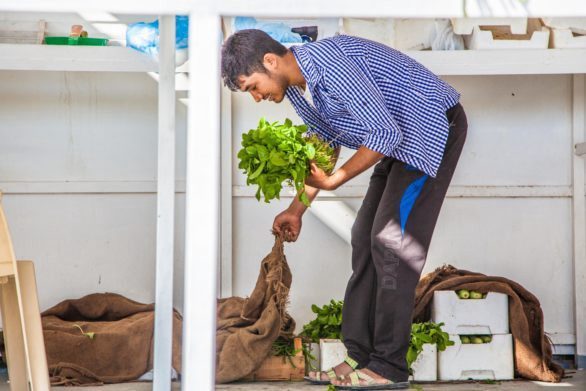
The fledgling enterprises will also need an ecosystem of knowledge and expertise in agriculture to show them how they can become established in local markets and be more attractive than imported goods — a reference of best-practice.
This new generation of committed agro-preneurs, sometimes working collaboratively, is crucial when it comes to dealing with challenges like natural resources and making more areas workable for agriculture.
Water supply issues
Qatar also faces challenges when it comes to water, much of which comes from desalination plants.
Due to financial and environmental costs, this approach is unsustainable.
It has been estimated that the 30 desalination plants in Saudi Arabia rely on around 300,000 barrels of crude oil each day.
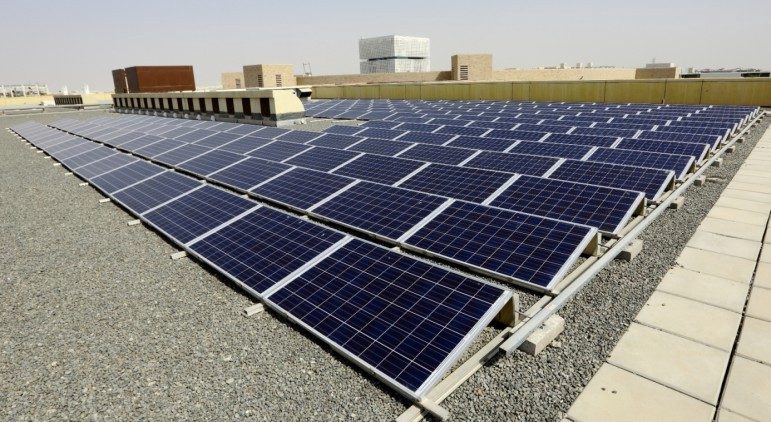
Solar-powered desalination plants appear to be the future. They are capable of producing a liter of water for around 2 cents (compared with $1 for a liter by conventional desalination plants) and are a high-potential investment opportunity.
There is now an urgent need to obtain hard evidence of the viability of these new plants, in terms of costs and scale.
These kinds of innovations, which can provide a foundation for longer-term and sustainable agriculture (as opposed to solutions like the current use of artificially-cooled greenhouses) need the backing of business and government.
Behavior changes needed
There’s also a lot that residents can do to help Qatar’s food security, which needs to be based around sensible, informed choices by consumers.
Everyday decisions matter.
This has been the focus of work by our Safeguarding Food and Environment in Qatar (SAFE-Q) project, supported by Qatar Foundation through its generous Qatar National Research Fund.
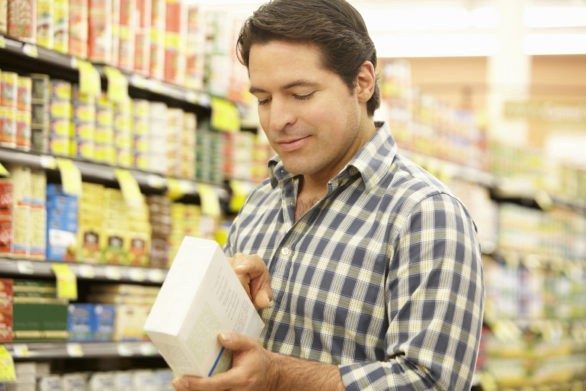
SAFE-Q is capturing evidence of food behaviors in Qatar and making recommendations to the government on new regulations, new technologies for transportation and storage and what’s needed in terms of transforming the food culture.
In a status-conscious market, there is a mass preference for what is perceived to be higher quality imports, the global brands.
Thus, smart marketing and widespread education is needed to change normal behaviors among consumers.
Qataris and expats will need to become accepting of the potential (initially at least) of lower standards of locally-produced foods and an immature agriculture industry, but one with much potential.
‘Wonky fruit’
Reducing expectations of the aesthetic appearance of fruit and vegetables, and the purchase of what have become known in the UK as “wonky” food products, would be a useful step forward.
There also needs to be a greater understanding of the whole life-cycle costs of a single item of fresh produce, in terms of soil, nutrients, water, energy.
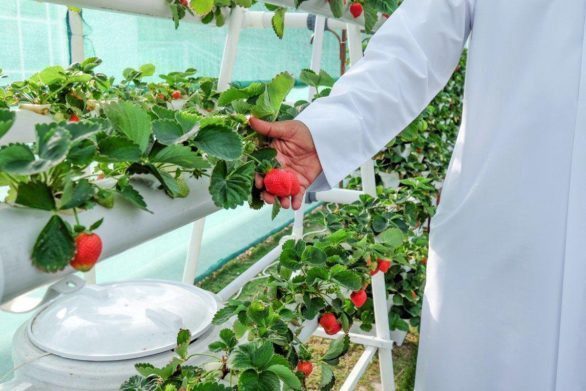
All of this could be provided via more detailed labeling and visible marketing around what “low-cost” foods really mean.
A culture of good hospitality and buffets for every social occasion and event isn’t helping the food waste problem, either.
At a simple level, greater levels of self-restraint when it comes to food, more of an ideal of “just enough,” would also make a real difference to levels of food demand.
Expiration date changes
There is also a need for action in terms of legislation around expiry dates. The current provision is geared toward ensuring every item displays a production date and an expiry date.
A “hard” expiration date prompts any imported food products that are past date to immediately be rejected by authorities and retailers.
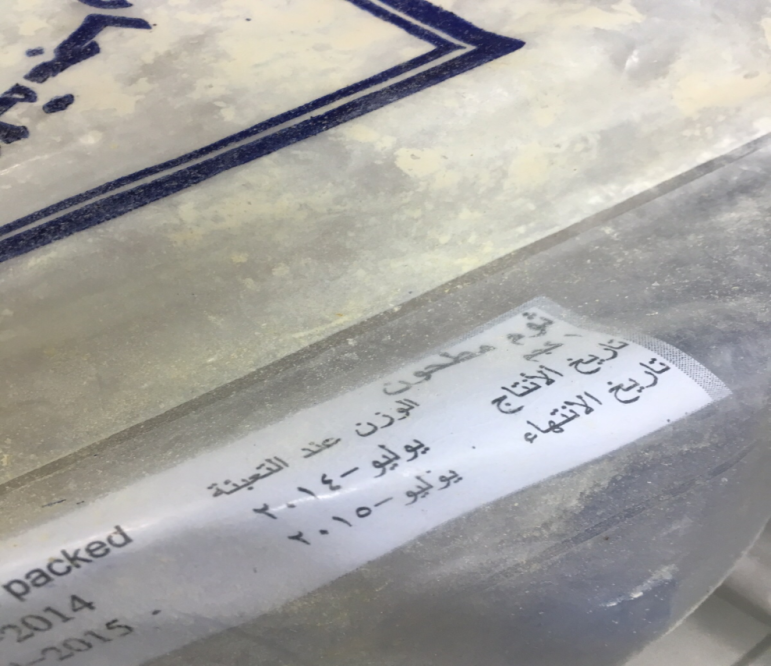
It can be cheaper to send any discarded foods into landfill than return them to manufacturers — but each year that means a mountain of wasted food.
A more flexible “best before” system of labelling would allow for common sense, individual discretion and flexibility.
It would also give businesses the chance to utilize perfectly usable foodstuffs that would otherwise have been treated as rubbish.
There are enterprise opportunities here for hi-tech solutions to problems of unnecessary waste.
This includes ideas like smart labels on products that work with sensors in kitchens to alert consumers about which foods need using soon or immediately.
This technology could also provide timely suggestions on what to do with food past its “best before” date.
Ultimately, consumers need more help to make better choices.
Professor Zahir Irani is Dean of the Faculty of Management and Law at the University of Bradford School of Management. More details about the SAFE-Q initiative can be found here.






